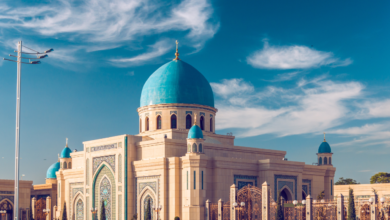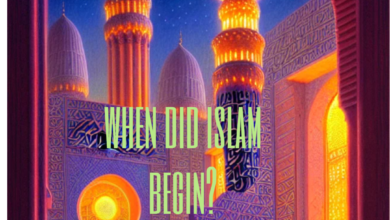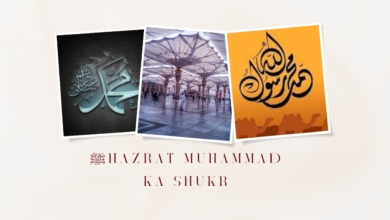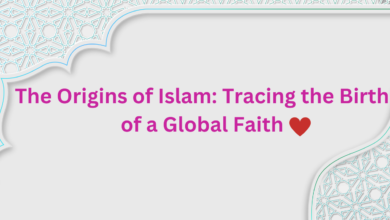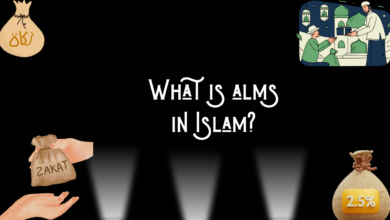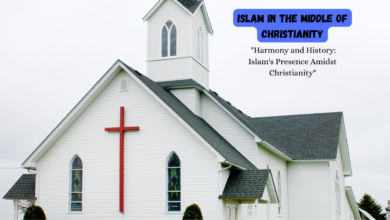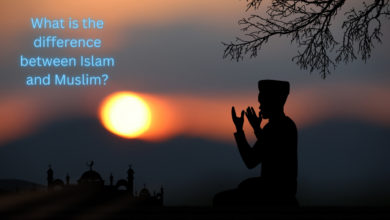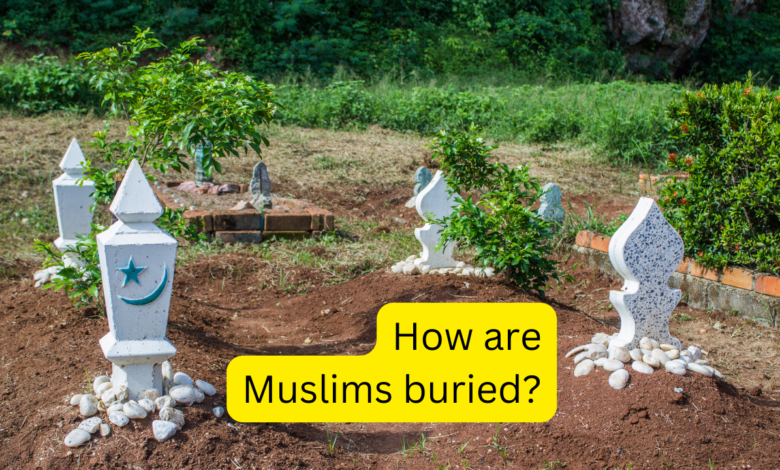
How are Muslims buried?
The Islamic burial process involves several steps, including washing the deceased’s body, wrapping it in a simple white shroud, performing the funeral prayer (Salat al-Janazah), and burying the body in a designated cemetery.
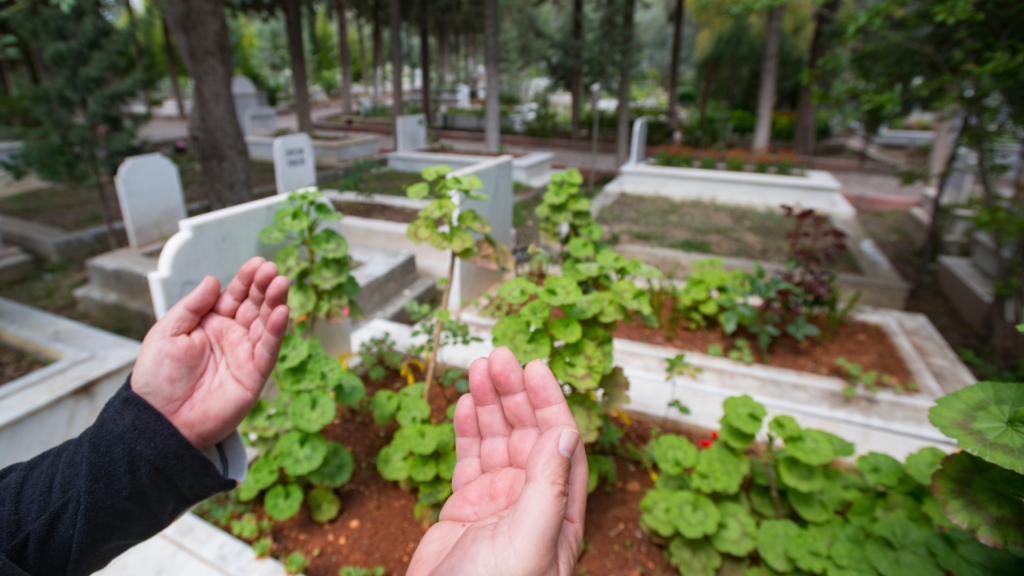
Introduction
Burial practices hold significant cultural, religious, and social importance in various societies around the world. Among these, the Muslim burial tradition is a deeply rooted and sacred ritual that reflects the Islamic faith’s teachings and principles. In this article, we will explore how Muslims are buried, shedding light on the various steps and customs involved in this solemn process.
Immediate Burial
One of the fundamental principles of Islamic burial is the immediate interment of the deceased. This practice is grounded in the Hadiths (sayings and actions of the Prophet Muhammad) and is based on the belief that the soul should be laid to rest as soon as possible to allow the deceased to begin their journey into the afterlife.
Ritual Washing (Ghusl)
Before burial, the deceased’s body undergoes a ritual washing known as “Ghusl.” This purification process is typically performed by close family members or qualified individuals from the Muslim community. The body is cleansed with water, and specific prayers are recited during the washing to maintain the deceased’s dignity and purity.
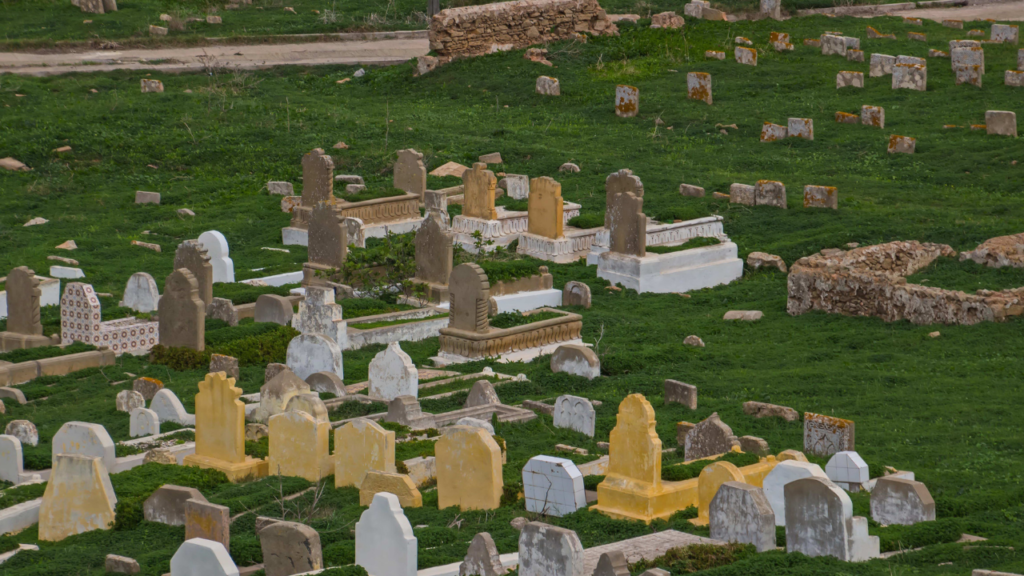
Kafan (Shrouding)
After the washing, the body is wrapped in a simple white shroud known as a “kafan.” The kafan symbolizes the equality of all individuals in death, regardless of their status or wealth in life. It is typically made of white cotton or linen and consists of three pieces, which are used to cover the body from head to toe.
Prayer (Salat al-Janazah)
The next step in the Muslim burial process is the Janazah prayer. This is a special prayer performed by the community to seek forgiveness for the deceased and ask for Allah’s mercy. It is typically held at a mosque or an open area where the Muslim community can gather to offer their prayers.
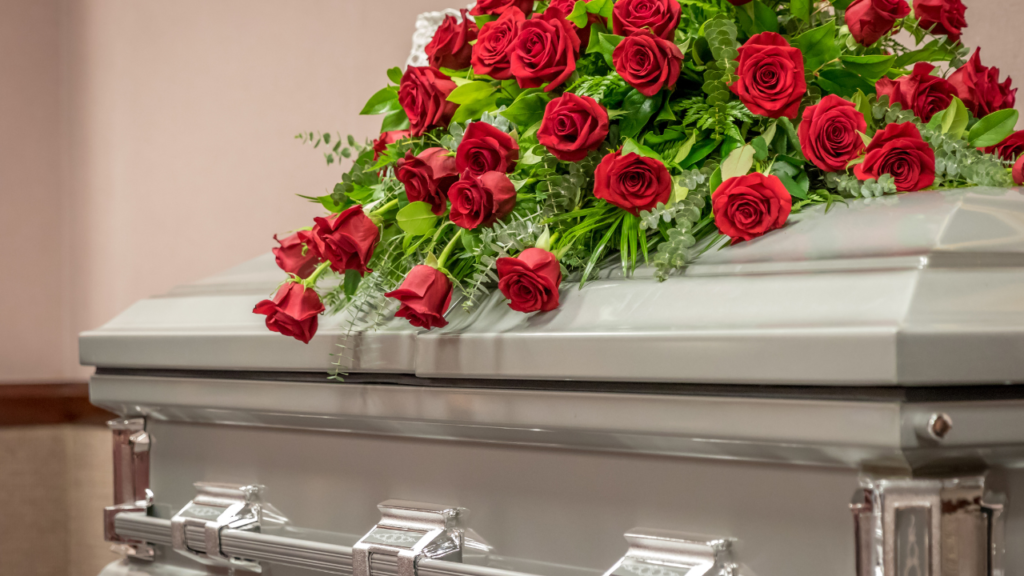
Also Check
- Why do Muslims wear Turbans?
- Is Milk Halal in Islam?
- Can Muslims drink alcohol?
- Can Muslims touch dogs?
- do cats bring angels in the house in islam?
- Do cats have 9 lives in Islam?
Funeral Procession
Following the Janazah prayer, a funeral procession takes place. The deceased is carried to the burial site, usually in a simple wooden coffin or on a bier, with friends and family walking alongside. During the procession, verses from the Quran may be recited, and supplications for the deceased are made.
Burial
Upon reaching the burial site, the body is lowered into the grave, which is dug to face the Qibla, the direction of the Kaaba in Mecca. This ensures that the deceased is facing the holy city, as a symbolic act of devotion. The deceased is then placed gently in the grave without the coffin, if one was used, and the grave is filled with soil.
Tasmiyah (Recitation of Faith)
As the final step, those present at the burial site often recite the Shahada, the Islamic declaration of faith: “There is no god but Allah, and Muhammad is the messenger of Allah.” This reaffirms the deceased’s faith and signifies their return to Allah.
Mourning and Condolences
After the burial, family and friends gather to offer condolences and support to the bereaved. It is customary to provide food and comfort to the grieving family during this time.
Conclusion
Muslim burial practices are steeped in tradition and religious significance. The process, from immediate burial to the recitation of prayers and the careful handling of the deceased, reflects the deep respect and reverence that Muslims hold for the deceased and their journey into the afterlife. By following these customs, Muslims aim to fulfill their religious obligations and ensure that their loved ones are laid to rest with dignity and respect.

FAQs about How Muslims Are Buried
What is the Islamic burial process?
The Islamic burial process involves several steps, including washing the deceased’s body, wrapping it in a simple white shroud, performing the funeral prayer (Salat al-Janazah), and burying the body in a designated cemetery.
Why is the deceased’s body washed before burial in Islam?
Washing the deceased’s body, known as “Ghusl,” is a purification ritual in Islam. It ensures that the deceased is clean and ready for burial, in accordance with Islamic tradition.
What type of clothing is the deceased wrapped in for burial?
The deceased is typically wrapped in a simple white shroud (kafan) made of plain, unadorned cloth. This symbolizes equality in death and the departure from worldly possessions.
Is embalming allowed in Islamic burials?
Embalming is generally discouraged in Islamic burials. Muslims prefer a natural burial process without embalming fluids to maintain the sanctity of the body.
Are there specific prayers performed during a Muslim burial?
Yes, Muslims perform the funeral prayer, known as “Salat al-Janazah,” at the gravesite before burial. It is a collective prayer seeking forgiveness and mercy for the deceased.
Where are Muslims usually buried?
Muslims are typically buried in a dedicated cemetery or burial ground specifically set aside for Islamic burials. These areas are consecrated for the purpose of Muslim interments.
Are there any specific burial rituals or traditions in Islam?
Some common burial traditions in Islam include placing the deceased in the grave on their right side facing the Kaaba in Mecca, covering the body with soil while reciting prayers, and ensuring that the body is laid to rest in a simple manner without elaborate coffins or tombstones.
Can non-Muslims attend Islamic funerals and burials?
Yes, non-Muslims are generally welcome to attend Islamic funerals and burials as a sign of respect and support for the grieving family. It’s important to be respectful of Islamic customs and traditions during such events.
Are there any specific guidelines regarding the location or orientation of Muslim graves?
Muslim graves should ideally be oriented so that the deceased’s head is facing the Qiblah (the direction of the Kaaba in Mecca) when possible. However, if this is not feasible, it is not considered a major issue.
What is the significance of a simple burial in Islam?
A simple burial in Islam reflects the belief in the transient nature of worldly possessions and the focus on the afterlife. It emphasizes humility and equality in death, as all individuals are equal before Allah.
